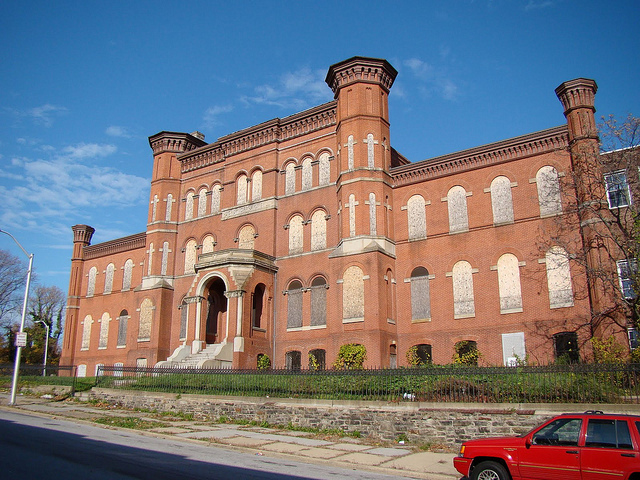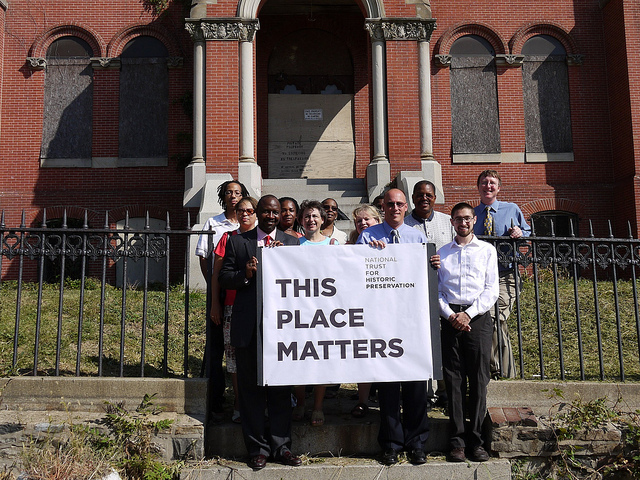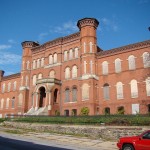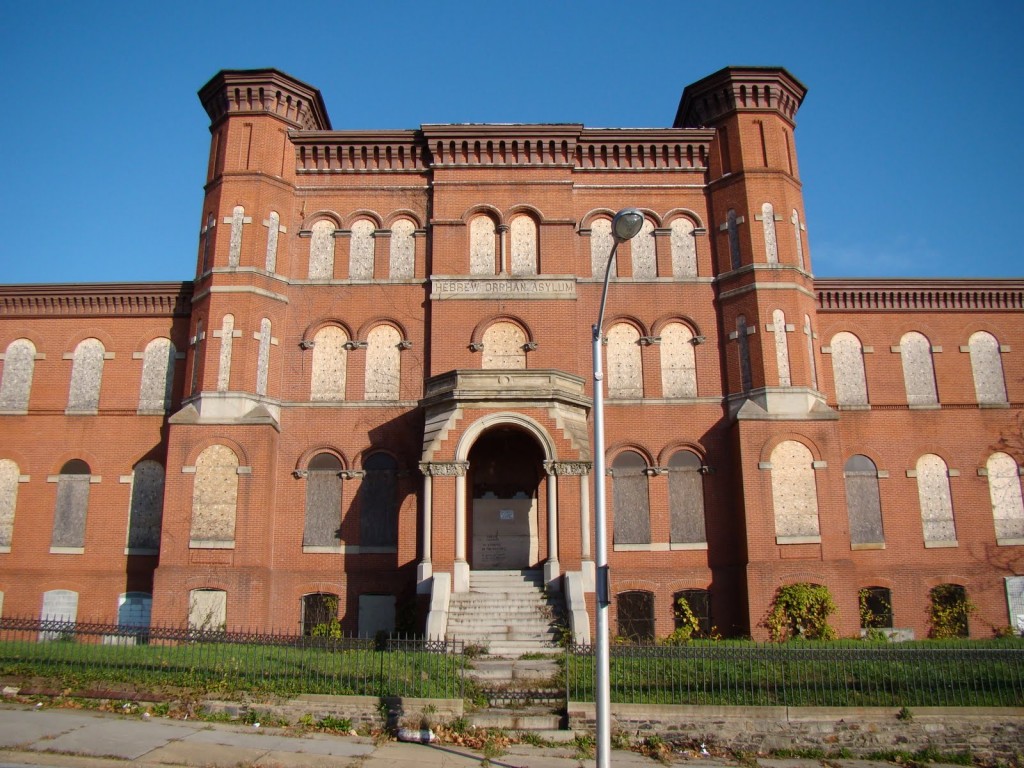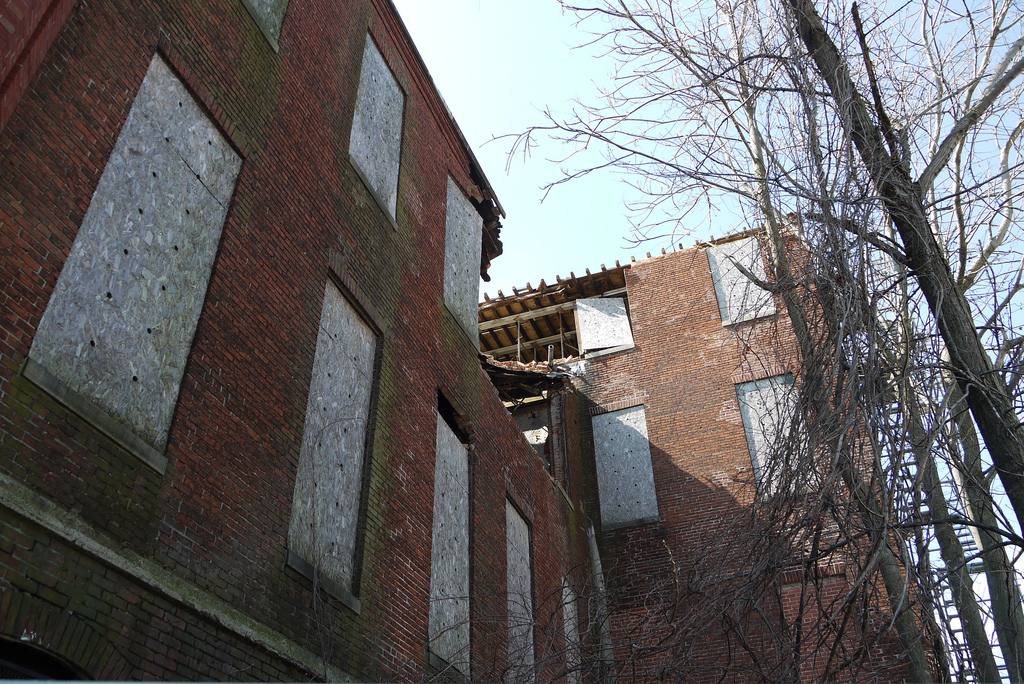In February, we celebrated the announcement that Baltimore’s Hebrew Orphan Asylum received over $2.5 million in support from the Maryland Sustainable Communities Tax Credit program. In order to secure the claim to these tax credits, the Coppin Heights Community Development Corporation was required to pay a 3% fee – over $75,000 – which posed a tough challenge for a small non-profit. For the past several months, Dr. Gary Rodwell has worked with Baltimore Heritage and other partners to continue promoting interest in the project and identify partners who could provide the necessary funding. Thankfully, Coppin State University has stepped forward to pay the fee and secure the Hebrew Orphan Asylum’s claim to the state historic tax credits. With this support, the Coppin Heights CDC is in a strong position to continue planning and push forward with fundraising for the rehabilitation of the building.
The past few weeks have also marked the end of work by the Red Line Station Area Advisory Committees – groups of volunteer residents, business owners, and other stakeholder who collaborated with designers, planners, architects and land-use experts to bring their insight into the design and planning of the nineteen proposed Red Line stations. The Rosemont Station Area Advisory Committee produced a vision plan (find a PDF here) for the future of the Rosemont area that highlighted the importance of historic district designation for neighborhood revitalization, established the reuse of the Hebrew Orphan Asylum as a key goal and considered landmark designation for the Hebrew Orphan Asylum and other historic properties.
Baltimore Heritage is helping make this vision a reality by starting to prepare a historic district nomination for the neighborhoods of Greater Rosemont and by working with the Coppin Heights CDC towards the restoration and reuse of the Hebrew Orphan Asylum. As we continue to strive for the revitalization of historic West Baltimore neighborhoods, we welcome any questions or suggestions.

